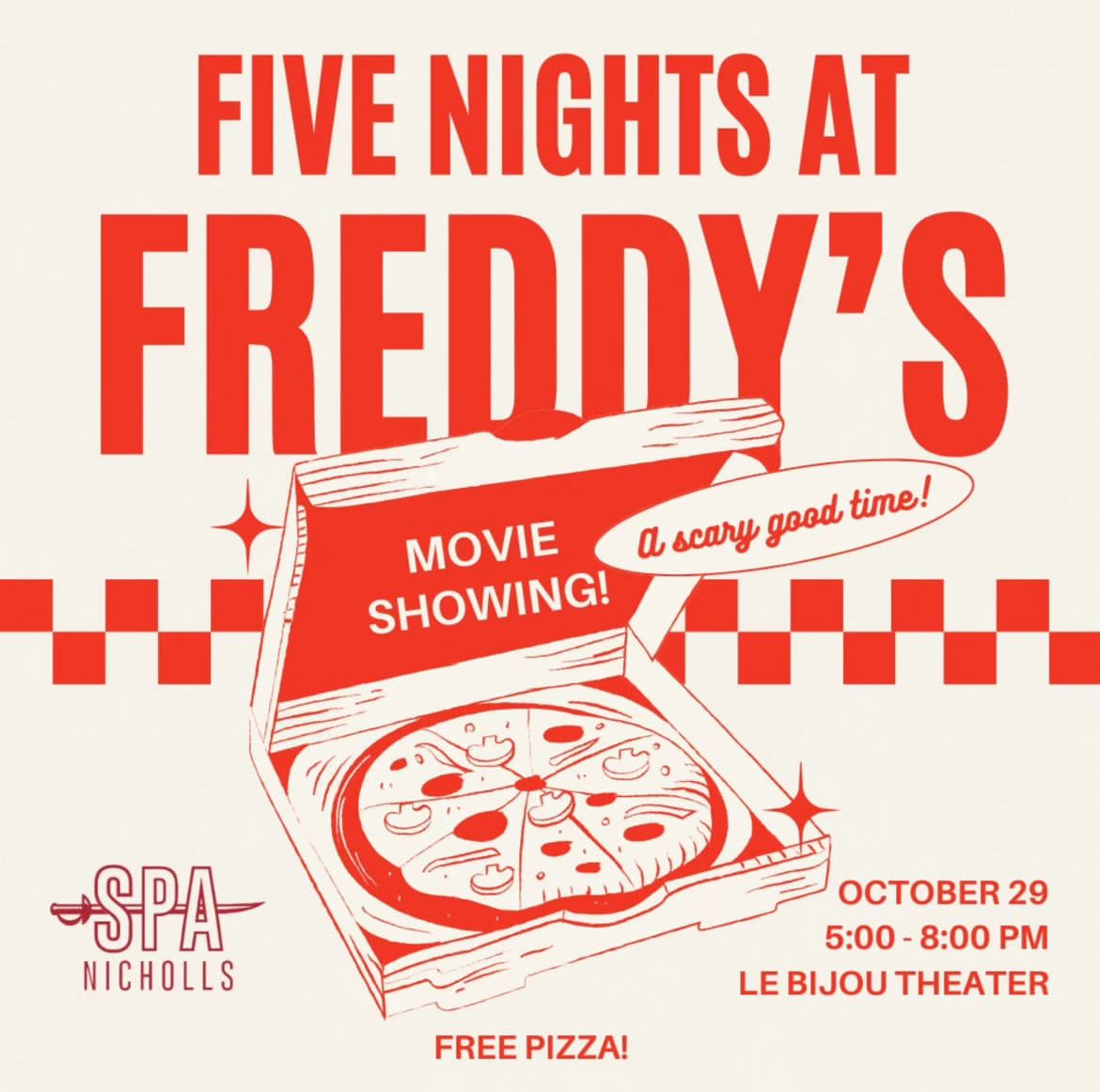Steven Spielberg’s “A.I. Artificial Intelligence” leaves one both impressed and bewildered. We see flashes of a potential classic, but as a whole the film seems awkward and disjointed, especially towards the conclusion. The film has just been released on DVD and VHS and is technically a masterpiece. The DVD has a special features disc that shows how much work went into the special effects and design. This is where the movie is the strongest. “A.I.” presents us with a compelling and disturbing world filled with colorful neon cityscapes, decaying half-limbed robots with flickering computer screens for faces and streamlined modernist architecture and vehicles. These elements are all presented through great cinematography, thanks to the talented Oscar-winning cinematographer Janusz Kaminski.
The theme of the movie basically explores the old premise of man playing god, and the ethical consequences that follow. Nothing too original there, it’s a theme that goes back to Frankenstein. But Spielberg handles it with style and finesse, as well as a good bit of substance and relevance, setting the movie in a bleak future where most of the earth is obliterated by global warming.
In this submerged world the economy still survives thanks to the creation of “mechas,” androids commercially produced and exploited by humanity. Mechas serve a variety of purposes, some are manufactured to be house servants, others for construction, and obviously a good bit of the business is dedicated to the production of prostitute and gigolo mechas.
Professor Hobby, an entrepreneur scientist played by William Hurt, has the idea to create a mecha that can experience profound human emotions like love. Sure, there have been mechas that could simulate emotions like jealousy, sensuality and anger, but none that could genuinely feel them.
Hobby soon discovers Monica and Henry, a married couple whose child has been cryogenically frozen until a cure can be found for his terminal disease. They are soon supplied with David, a mecha child subsitute played with great subtlty and creepiness by Haley Joel Osment.
David tries to gain his parents love, but like the character in his bedtime story Pinocchio, is not a real boy. Some tragic accidents and misunderstandings occur between David and his parents, causing his mother to abandon him in the woods, even though she now genuinely cares for him.
This opens the second and most visually impressive portion of the story, where David meets up with Gigolo Joe (played with style by Jude Law), a hustler mecha on the run from the law. Both set out on a journey through this eerie and surreal world, where a band of humans have made it their job to eradicate the mechas from the face of the earth.
David’s ultimate goal is to find the Blue Fairy from the Pinocchio story, who he believes can make him into a real boy. This leads to the drawn out conclusion of the movie, which to say anything about would give away too much of the plot. Let’s just say that it is long, convoluted, contrived and overly sentimental.
It is too bad, because the first two parts of the movie work quite well. In the first portion, with David and his surrogate parents, we get a sense of real human emotion. It is subtle, not the kind of contrived sentimentality you see in most family films. And the second part of the movie wows you with it’s imagination. But by the third part the film loses steam and has the viewer waiting for the ending to come along.
Maybe the disjointed nature of the film is due to its background. “A.I.” started out as the brainchild of the late filmmaker Stanley Kubrick, legendary for movies such as “A Clockwork Orange” and “2001: A Space Odyssey.” Kubrick worked with Spielberg on the project for several years and left it with him before his death.
While Kubrick and Spielberg are great filmmakers in their own right, the two form an odd collaboration. After all, Spielberg is essentially an optimist, and Kubrick comes across as a pessimist in most of his films. Just compare the two war films each has directed: “Saving Private Ryan” is heroic and patriotic while “Full Metal Jacket” portrays humanity as self-destructive.
Maybe that’s why the mood of the film feels a little schizoid. Most of the movie is rather dark and dismal, but the conclusion comes across as a sentimental fairy tale.
And we’re not sure what message to take from the movie. Is it that it is that humanity is morally corrupt in trying to create life through science? Or that corporations and mass production are corrupt (an assembly line of manufactured Davids is discovered towards the finale)? Or is it that love conquers all? Ambiguity can work well, as it does in most classic Kubrick films, but in Spielberg’s “A.I.” we get a sense that the movie is trying to give us some important message but fails to deliver it.
All negativity aside, “A.I.” is a thought provoking and entertaining movie that is worth renting for the great special effects, strong concept and exceptional acting. It is just unfortunate that it contains a few serious flaws that keep it from becoming a classic.







